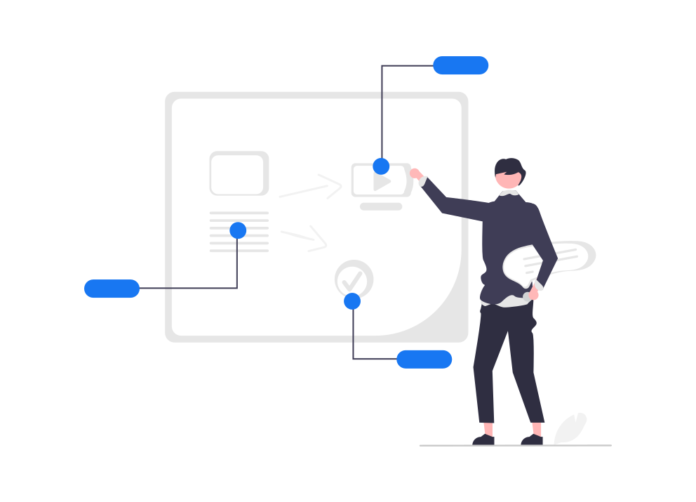Enterprise Resource Planning (ERP) is a powerful tool that can transform the way businesses operate. ERP systems streamline business processes and provide a central repository for all information related to a company’s operations, finances, and supply chain management. While the initial cost of implementing an ERP system may seem daunting, the benefits of this technology are well worth the investment. In this blog, we will explore how ERP software can deliver a return on investment (ROI) for your business.
- Improved Efficiency and Productivity
One of the primary benefits of ERP software is that it can significantly improve the efficiency and productivity of your business processes. By automating manual tasks, reducing data entry errors, and providing real-time access to data, an ERP system can help you streamline your operations and increase productivity. This means your employees will be able to focus on more critical tasks, allowing your business to grow and scale more efficiently.
2. Better Data Visibility and Decision-Making
ERP software provides a central repository for all information related to your business operations. This means that you can easily access real-time data on your inventory, sales, finances, and other key metrics. This increased visibility enables you to make more informed decisions about your business, identify trends and areas for improvement, and adjust your strategy accordingly. With the ability to generate real-time reports and dashboards, you can keep your finger on the pulse of your business and react quickly to changing market conditions.
3. Reduced Costs and Overhead
An ERP system can help you reduce costs and overhead by automating manual tasks, reducing data entry errors, and eliminating redundant processes. This can help you save money on labor costs and improve the accuracy of your financial reporting. Additionally, with better inventory management and supply chain visibility, you can reduce inventory carrying costs and optimize your purchasing decisions to minimize waste and reduce costs.
4. Enhanced Customer Experience
With an ERP system, you can improve the overall customer experience by providing better access to information and improving the speed and accuracy of your order fulfillment processes. By automating tasks like order processing and shipment tracking, you can provide customers with real-time updates and improve the speed of delivery. This can help you improve customer satisfaction, drive repeat business, and increase revenue.
5. Increased Agility and Flexibility
Finally, an ERP system can help you increase your agility and flexibility as a business. With better data visibility and decision-making, you can adjust your strategy quickly to respond to changing market conditions. This can help you stay ahead of the competition and identify new opportunities for growth and innovation.
In conclusion, an ERP system is a powerful tool that can deliver a significant return on investment for your business. By improving efficiency and productivity, providing better data visibility and decision-making, reducing costs and overhead, enhancing the customer experience, and increasing agility and flexibility, an ERP system can help you grow and scale your business more efficiently. While the initial cost of implementing an ERP system may seem daunting, the benefits are well worth the investment in the long run.

